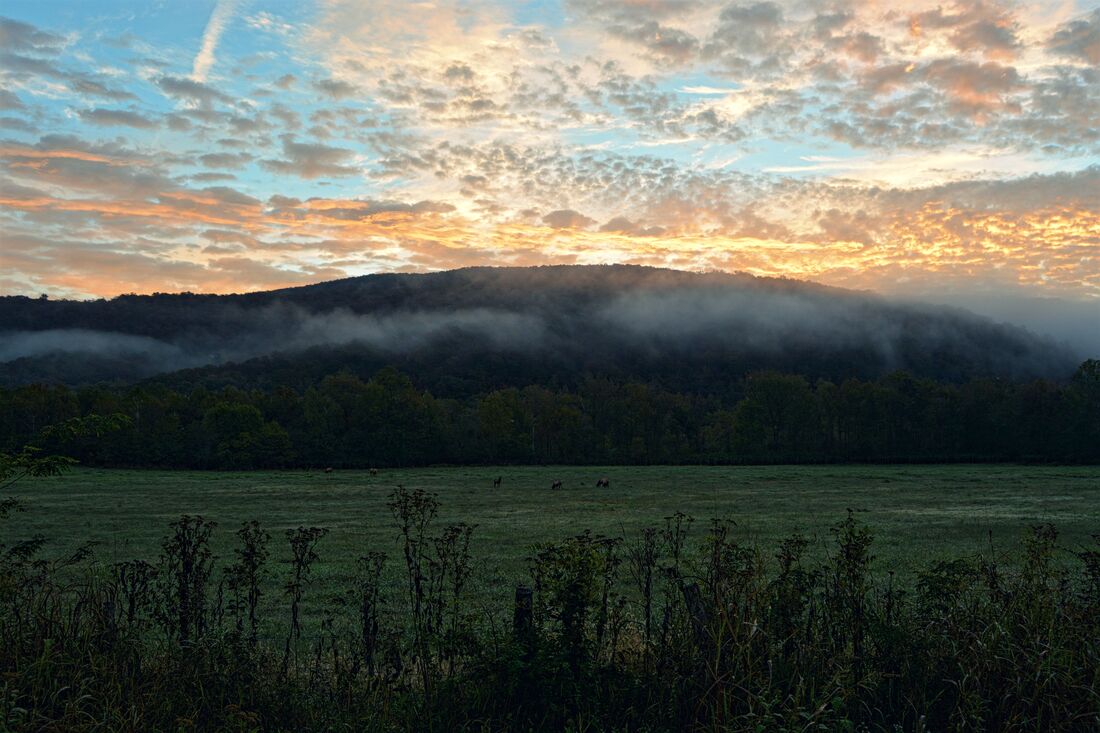The Preciousness of Religion
for Wisdom-Seeking Atheists
"On Rosh HaShanah, Rabbi Bradley Shavit Artson welcomed the atheists, agnostics, and skeptics to enjoy the many ways that religion can meet deep human needs, regardless of whether or not religion’s claims are objectively true. Explore the powerful ways that religion builds community, expands our horizons to include each other, extends our compassion to others (and to ourselves), refines morality, engages education for deepening our humanity, and cultivates imagination, art, and creativity in the service of human thriving."
I know that atheists will study religion as a cultural artifact. Or as a form of superstitious self-deception. Or as a social activity that helps explain world affairs. Or as an evolutionary strategy for survival. Or simply as an interesting eruption of brain chemistry, like scientific thinking and atheism itself -- somehow "explainable" in terms of the laws of physics and chemistry. But might they also study it as a source of wisdom? Rabbi Bradley Artson thinks so, and I do, too. I hope you will listen to his talk below.
*
As I write this, I well remember a panel discussion a week ago called "The Science of Religion." It was held a a live music venue in Conway, Arkansas, called Kings. I was a panelist along with three others. One panelist was, by his own self-definition, a "secular humanist." He seemed to believe that religion is primarily superstition to be replaced by science as a reliable source of decision-making.
Somewhere amid the discussion a member of the audience, himself a kindly atheist, asked: "Why would an atheist even be interested in studying religion?" The man was genuinely curious. I really couldn't understand why anyone interested in truth -- or wisdom for living -- would study such a subject. His question was never addressed. I thought of his question as I listened to Rabbi Artson's talk on Rosh HaShanah.
For me, Rabbi Artson provides something of an answer. Rabbi Artson speaks to Jewish communities, but also to believers in other theistic religious traditions: Christianity and Islam, Hinduism and Buddhism, Sikhism and Bahai, for example. For my part, I am a Christian believer, and I share with Rabbi Artson a belief in God as a loving but not all-powerful reality. He and I both believe in an encompassing Spirit in whose heart the universe lives and moves and has its being; and we both know that people can be vessels of this Spirit's life to whatever degree our hearts are open to love and kindness, justice and joy. Atheists can be vessels of the Spirit, too. Nevertheless, we know people who do not find such belief credible for one reason or another. I know that I have much to learn from them and their honesty, skepticism, and its correlate love of (what they take to be) truth -- even as they may think they have nothing to learn from me. Atheism is too important to be left to atheists.
In any case, Rabbi Artson makes a strong case for making space for atheists as valued contributors to religious congregations. I'm sharing it with friends, and I hope you will, too.
Jay McDaniel (Oct. 8, 2019)


